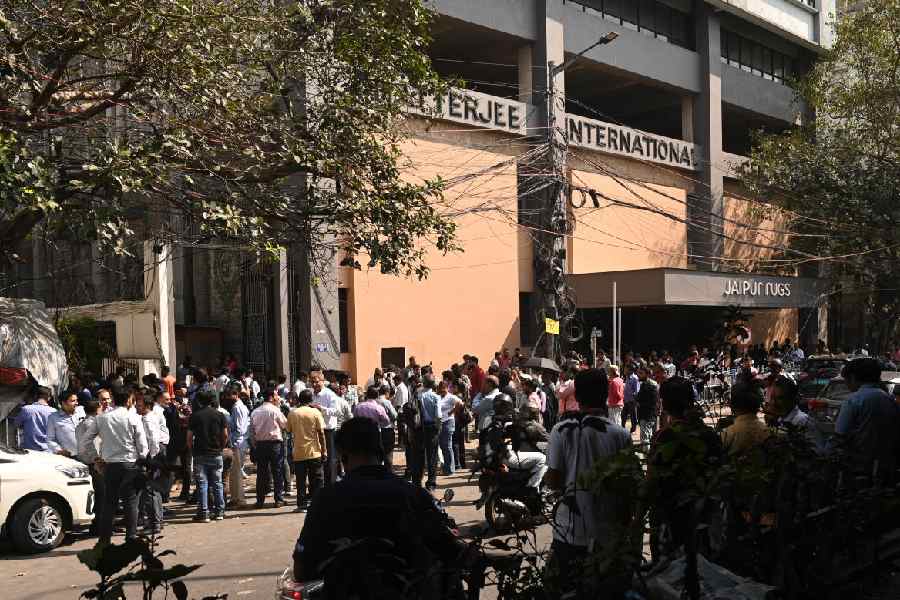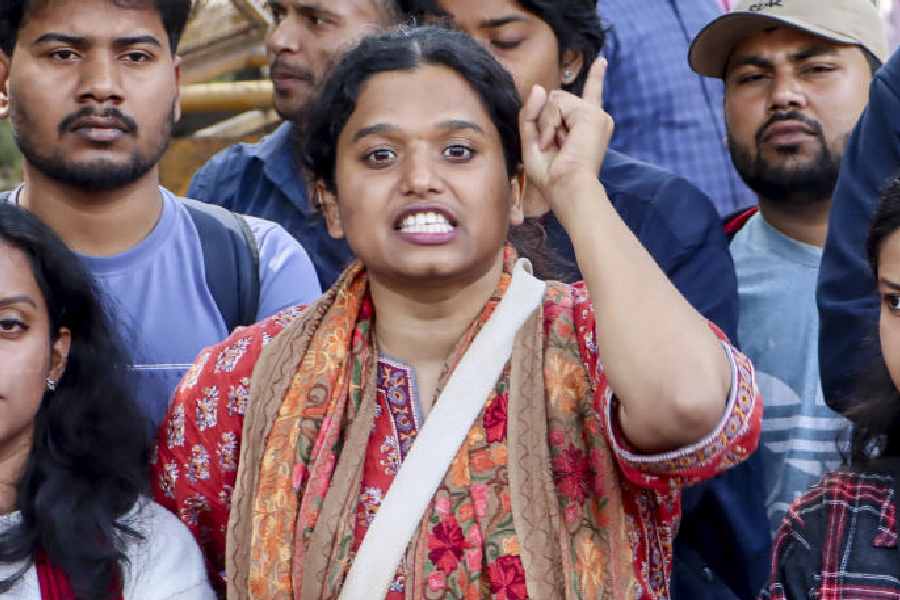 |
| Clean and green |
Guwahati, Sept. 26: Tea garden workers and ex-worker communities are set to witness a “clean” revolution in the garden areas.
The tea tribes welfare department of the Assam government and Unicef have initiated the revolution and constructed 13,786 indoor toilets for the members of the communities in the last fiscal in five Upper Assam districts.
“The move actually started after 2008 when a study of the status of water and sanitation, carried out by Unicef, revealed that only 6 per cent of the households in the garden areas were using sanitary toilets. Barely 10 per cent of the water sources in the garden areas are safe for drinking,” said K.K. Mittal, principal secretary, tea tribes welfare department.
“The recurrent outbreak of diseases like cholera and diarrhoea have been a matter of serious concern for the government for many years and sanitation and safe drinking water is the primary reason for this.”
He added that no amount of investment in health infrastructure and services will assuage the situation unless safe water, healthy sanitary toilets, clean environment and appropriate hygiene was promoted in the tea gardens.
“We have decided to include at least 20 gardens each from five Upper Assam districts — Dibrugarh, Tinsukia, Sivasagar, Jorhat and Golaghat,” he said, adding that so far they had been able to install 13,786 home toilets in a total of 93 gardens in these five districts.
“We are planning to include more households in the coming days, as the programme has shown a positive impact on the health and sanitation of the communities,” said Mittal.
There has been a substantial drop in malarial mortality rate in the garden areas, particularly in Sivasagar, Dibrugarh and Jorhat.
Official figures from Tinsukia district show that while the district recorded nine malaria deaths last year, only one malaria-related death has been registered in the district till September this year.
“After construction of the toilets, we had to launch massive campaigns among the community to generate awareness about hygiene and sanitation. Initially, the members of the communities refused to use the sanitary toilets because of age-old habits of going out in the open,” he said.
The awareness campaigns have finally brought results and the toilets are becoming popular among the people.










